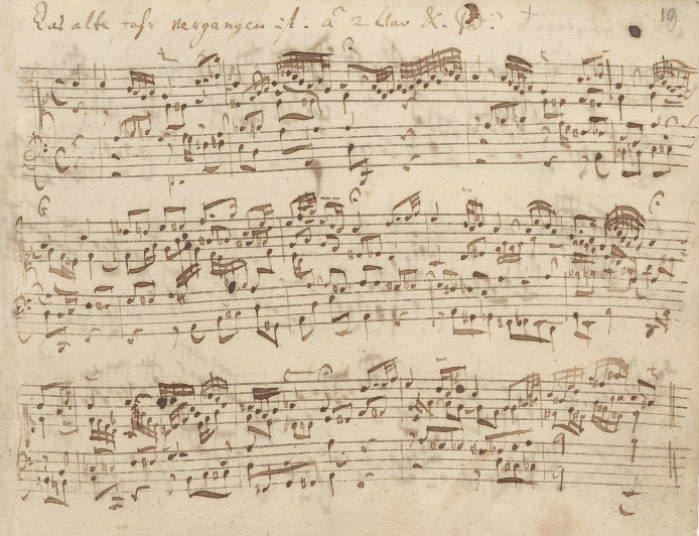
Monday. 8:13 a.m. Black coffee. No sugar. No cream. I've probably been drinking too much lately - getting the jitters.
The city is humming outside. Elevator dings. Someone's dragging a suitcase down the hallway. My mind? Sharp as a knife edge honed on celluloid and caffeine. I’ve been thinking—really thinking—about sound. About music. About what we hear when we’re supposed to be watching.
Sound design is not a second-class citizen. It’s not just “supporting” the visuals. It is the scene. It is the punch. The drip. The breath. The spine of the whole thing. If your short film has a knife being unsheathed and it sounds like a stock mp3 from the third page of Freesound.org—buddy, what are we doing here?
I’ve seen it all. I’ve heard worse.
The Problem with Relying on Needle Drops
(And Other Lazy Crimes Against Cinema)
There's this pervasive notion—one born in the algorithmic sludge of TikTok timelines and “content strategy” PDFs—that anyone can be a filmmaker now. You shoot something with your iPhone, color it teal-orange, slap a lofi beat from Epidemic Sound on it, and congratulations: you’ve created the 2025 equivalent of a screensaver.
But real work? Real cinema? That’s in the nuance. That’s in sound curated like a single-origin roast or a tape loop recorded at 3 a.m. after a fight with God.
Custom music, on the other hand—scoring that grows from the DNA of your project—is intimate. It understands your pacing, your character arcs, your narrative tone. It doesn’t just accompany the story—it tells it with you.
See, needle drops are easy. Too easy. Anyone can drop “Clair de Lune” over a drone shot of the mountains. But it’s not brave. It’s not personal. It’s not specific. It's the difference between buying a print at IKEA and commissioning a painting from someone who bled to make it.
If you're editing Stranger Things or Squid Games or something, then sure use a needle drop - at that point you're entitle and enabled do WHATEVER you want to make the project amazing. But if you're not, it's so important that you focus on originality and have viewers looking up this film after they're done with it. "Who scored ______" "How to get the effect from ____" "How to shoot a film like _ _ _ " You want people idolizing your work - Sting always said one of his favorite elements of music is "surprise."
Custom music, on the other hand—scoring that grows from the DNA of your project—is intimate. It understands your pacing, your character arcs, your narrative tone. It doesn’t just accompany the story—it tells it with you.
Sound Design That Cuts to the Bone
Let’s talk hits. Impacts. Those little “thuds” and “whumps” that sync perfectly with your cuts. You know the ones. Where the screen goes black for half a second and the low-end boom makes your sternum resonate. It’s visceral. It’s primal. And it matters.
Those details—the ones the audience doesn’t even know they’re noticing—are what make a film feel expensive, intentional, real. You can’t get that feeling from a random Whoosh.wav you bought in a bundle off some website at 2 a.m. for $9.99.
Sound needs to be crafted. Designed. Carved from silence. Great sound design supports the story like bones under skin. The iconic sounds? Lightsabers, raptor screeches, the deep hum of an engine about to do something stupid? All made. All born for the project.
Why Originality Matters More Than Ever
We live in a time where people are impressed by less. TikTok taught an entire generation that 10-second attention spans are enough for storytelling. Premiere Pro features that once took hours are now presets. AI is faking emotion. The landscape is crowded with mid-tier content parading as art.
So if you want to stand out, if you want your film to mean something—you better put as much thought into the sound as you do into the color grade. Because we’re flooded with visuals. Everyone has 4K. Everyone has a LUT pack. But how many people are willing to sit in the dark and listen?
How many are hiring a sound designer, a composer, someone to make that world sound like it actually exists?
Final Thoughts Before the Second Cup
The industry’s weird right now. It’s hard to swim through. But swimming with everyone else isn’t going to get you seen. You have to stand out. And the surest way to stand out in a world obsessed with surface-level sheen?
Make it sound better than it looks.
Make it feel.
Make it yours.
Because no one remembers stock music.
But they do remember that one moment—
where the score swelled, the room vibrated,
and something inside them shifted.
That’s cinema.
Black coffee’s cold. Time to reheat in the microwave lol
-d